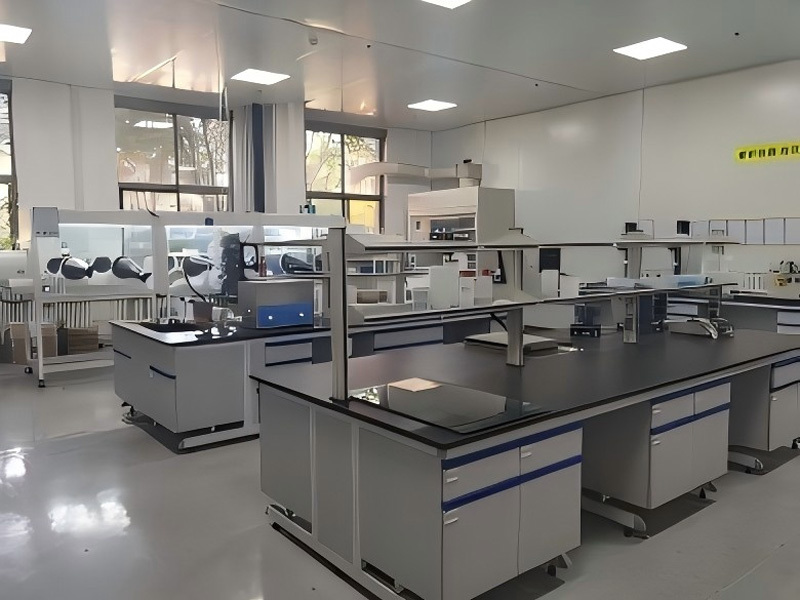The difference between high-voltage batteries and low-voltage batteries
Feb 18,2025

For consumers, high-voltage batteries generally refer to batteries with a voltage of 48V or higher, which is called high-voltage batteries. In fact, this cannot be said incorrectly or correctly. So, what is the difference between high-voltage batteries and low-voltage batteries? For lithium battery manufacturers, high-voltage batteries are mainly divided into two types, each with its own usage requirements and definitions, while high-voltage batteries differ from low-voltage batteries. Let's take a look below:
For high-power battery applications, lithium-ion batteries can be used as alternative chemical batteries mainly due to their high energy density. Today's electric vehicles and hybrid electric vehicles use NiMH batteries, and if lithium-ion batteries are used, their energy storage density will be increased by 400%. However, in order to maintain reliability of lithium-ion batteries during up to thousands of charge and discharge cycles, the battery system must solve many technical challenges.
The performance of lithium-ion batteries depends on battery temperature and lifespan, battery charging and discharging rates, and state of charge (SOC). These factors are not independent. For example, lithium-ion batteries generate heat during discharge, which increases the discharge current. This may lead to thermal runaway and result in catastrophic failures. In addition, charging lithium-ion batteries to 100% SOC or discharging them to 0% SOC will rapidly reduce their capacity. Therefore, the operation of lithium-ion batteries must be limited to a certain SOC range, such as 20% to 80%, where the available capacity is only 60% of the specified capacity. Not only that, lithium-ion batteries also have a flat discharge curve, where a 1% SOC change may only manifest as a voltage difference of a few millivolts. To fully utilize the available voltage range of the battery, the battery system must monitor the battery voltage very accurately (which directly corresponds to SOC).
Rechargeable and dischargeable batteries have become one of the indispensable daily necessities in the information age. Its widespread application has successfully liberated many previously immovable electrical devices and instruments, promoting the rapid development of many industries such as electronics, information, and transportation. Although lithium batteries have begun to be applied to electric vehicles, the current energy storage density of lithium batteries is still less than one-fifth of the energy density of gasoline fuel. Therefore, it is urgent to develop battery materials with better performance.
Contact Us
E-mail :
info@litruepower.com
Phone:
+860379-65187266
Address:
No. 30 Science and Technology Avenue, Yibin District, Luoyang City, Henan Province

